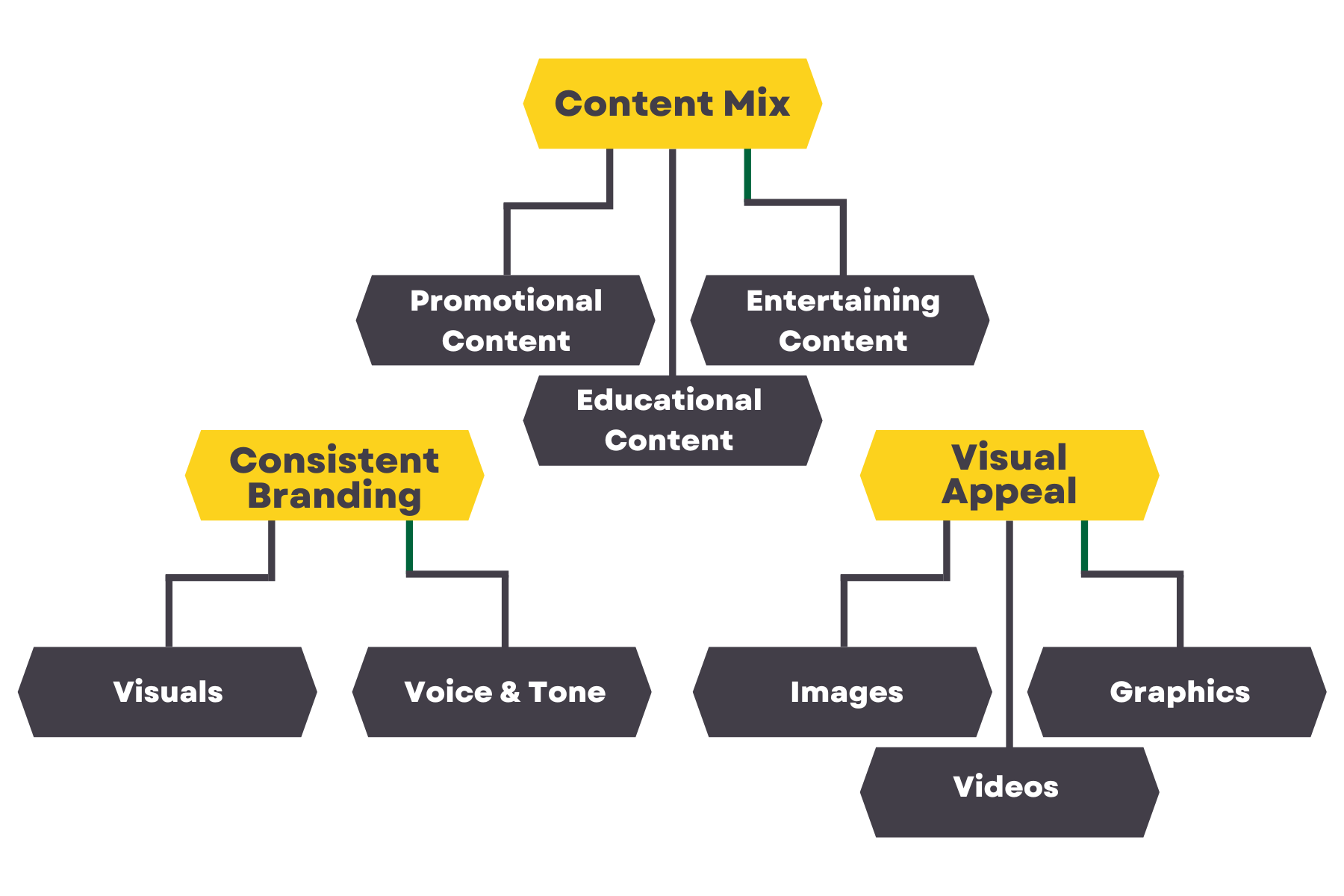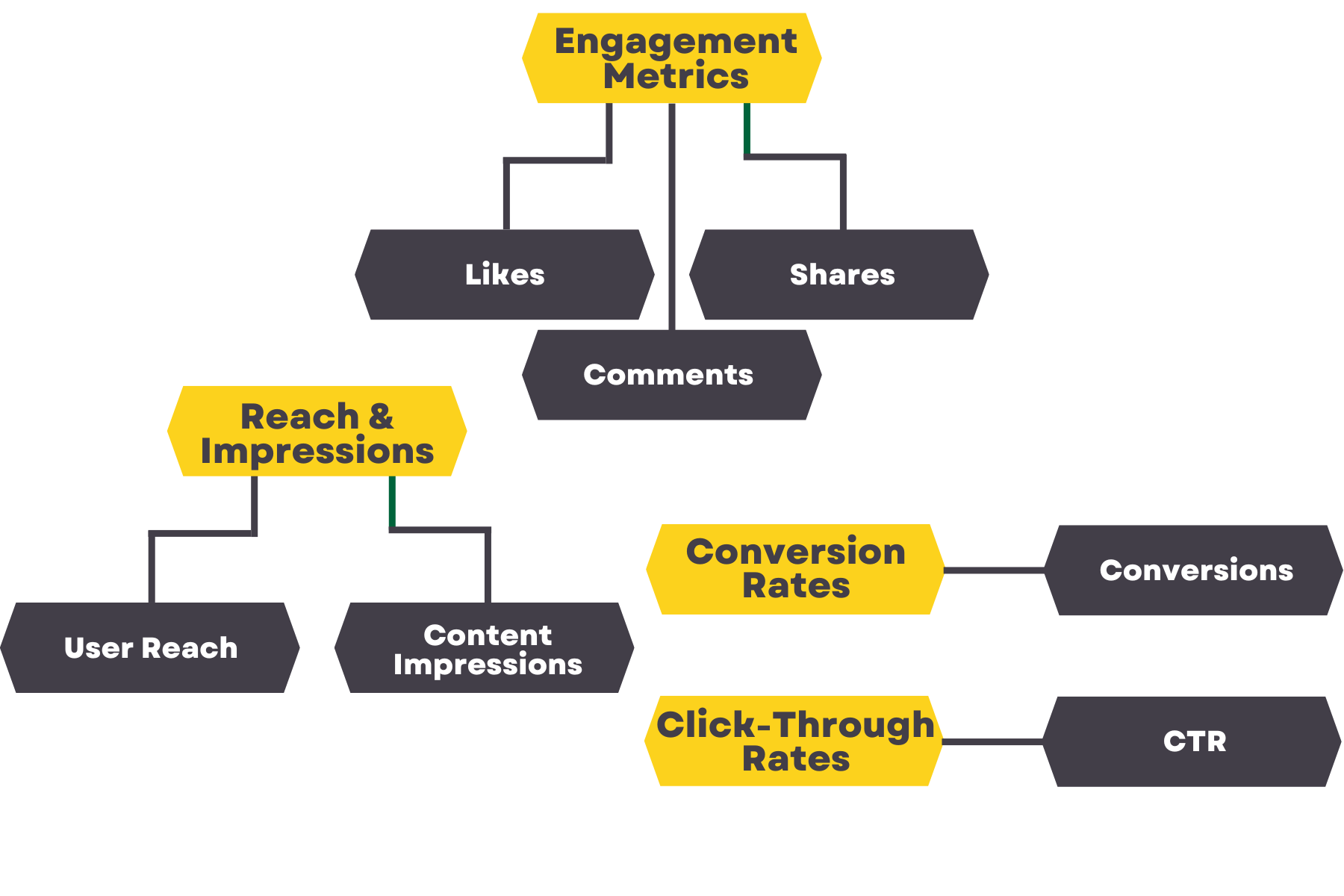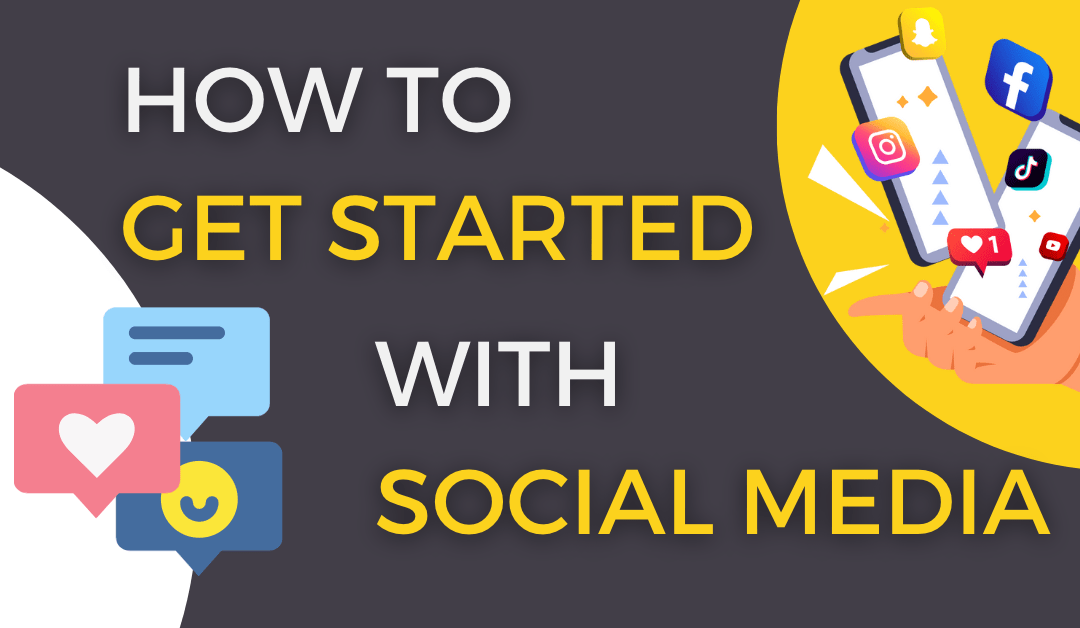Your Ultimate Guide To Social Media Marketing For Beginners
Social media marketing is an essential part of any modern marketing strategy. With billions of users on various platforms, it’s an opportunity for businesses to connect with their audience and drive growth. In this comprehensive guide, we’ll walk you through the basics of social media marketing, from choosing the right platforms to creating compelling content and measuring success.
*Disclaimer: This page contains affiliate links. If you were to buy something from an affiliated site from this page we’ll receive a small commission at no extra cost to you.
Choosing the Right Social Media Platforms
Selecting the appropriate platforms for your social media marketing efforts is crucial. To determine which platforms best suit your business, consider the following factors:
1. Audience Demographics: Identify where your target audience is most active and engaged. Research the demographics of each platform and choose those that align with your target market.
2. Industry and Niche: Different platforms cater to various industries and niches. For example, LinkedIn is ideal for B2B companies, while Instagram and Pinterest work well for visual industries like fashion or design.
3. Content Format: Consider the type of content you plan to create and ensure the platform supports that format. For example, Twitter is great for short text updates, while YouTube is perfect for video content.
Setting Goals and Objectives
Establishing clear goals and objectives for your social media marketing efforts is essential. These goals should be SMART: Specific, Measurable, Achievable, Relevant, and Time-bound. Some common social media marketing goals include:
1. Increasing Brand Awareness: Growing your brand’s visibility and recognition.
2. Driving Website Traffic: Attracting more visitors to your website or landing pages.
3. Generating Leads: Encouraging users to provide their contact information for further nurturing.
4. Boosting Sales: Promoting products or services and converting leads into paying customers.
Creating a Social Media Content Strategy
An effective content strategy is vital for social media marketing success. Your content should be engaging, informative, and tailored to your target audience. Here are the key elements of a successful content strategy:
1. Content Mix: A variety of content types will keep your audience engaged. Include a mix of promotional, educational, and entertaining content.
2. Consistent Branding: Maintain a consistent look and feel across all content to reinforce brand identity.
3. Visual Appeal: Use high-quality images, videos, and graphics to make your content stand out.

Developing a Posting Schedule
A consistent posting schedule helps maintain audience engagement and encourages growth. Determine the ideal posting frequency and timing based on platform-specific guidelines and your audience’s behavior. Use social media management tools like Metricool or Buffer to schedule posts in advance, ensuring consistent content delivery.
Engaging with Your Audience
Interaction with your audience is crucial for building relationships and trust. Respond to comments and messages promptly and genuinely, and actively participate in conversations within your niche. Monitor and address both positive and negative feedback to show your commitment to customer satisfaction.
Measuring Success and Adjusting Your Strategy
Regularly evaluating the effectiveness of your social media marketing efforts is essential for continuous improvement. Track key performance indicators (KPIs) relevant to your goals, such as:
1. Engagement Metrics: Likes, comments, shares, and other interactions with your content.
2. Reach and Impressions: The number of users who see your content and the total views it receives.
3. Click-Through Rates (CTRs): The percentage of users who click on links within your content.
4. Conversion Rates: The proportion of users who complete a desired action, such as making a purchase or signing up for a newsletter.
Use analytics tools provided by each platform, as well as third-party tools like Google Analytics, to collect and analyze data. Review your results regularly and adjust your strategy accordingly to optimize performance.

Conclusion
Social media marketing is a powerful tool for businesses to connect with their audience, increase brand awareness, and drive sales. By choosing the right platforms, setting clear goals, and creating a comprehensive content strategy, you can maximize your marketing efforts and achieve success. Remember to engage with your audience, measure your results, and adjust your strategy as needed to continually improve and stay ahead of the competition.

How to Get Started With Social Media Marketing
how to get started with social media mkt Starting a successful social media marketing campaign can be a daunting and overwhelming task, especially for new users. However, by following a few easy steps and utilizing popular social platforms, you can be posting,...
No Results Found
The page you requested could not be found. Try refining your search, or use the navigation above to locate the post.
